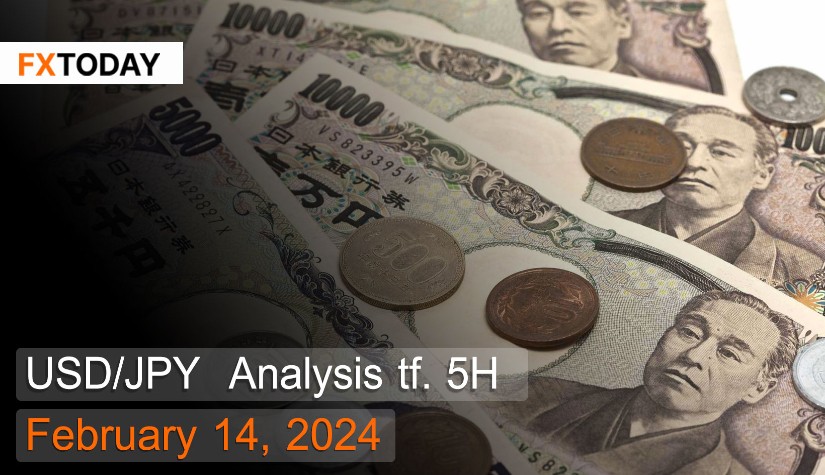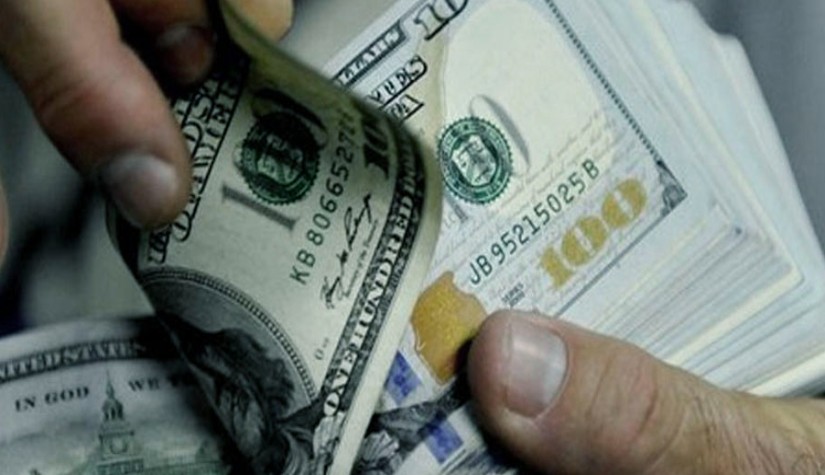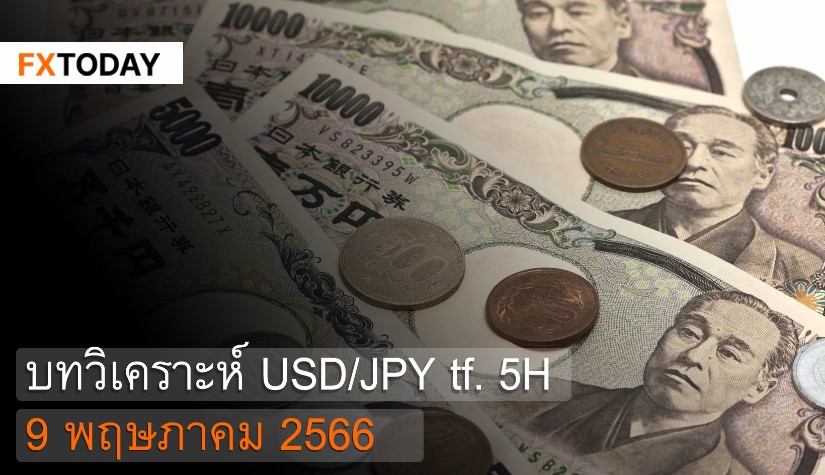Japan is concerned about the depreciation of the yen.
The Japanese yen has depreciated by more than 150 yen per US dollar due to the high inflation in the United States, which is higher than expected. This has resulted in a rapid depreciation of the yen, prompting Japan's Ministry of Finance to warn that Japan's authorities are closely monitoring the foreign exchange markets, without confirming whether they will intervene or not.
Masato Kandatsu, a deputy minister at the Ministry of Foreign Affairs, added that Japan would intervene in the foreign exchange market if necessary, as the rapid depreciation of the yen would adversely affect the domestic economy. There is also concern about potential inflationary pressures from higher-priced imports. Investors are closely watching the monetary policies of the Bank of Japan.
Japan's unemployment rate fell to 2.4% in December, the lowest since January 2023. The number of employed persons increased by 380,000 to 67.54 million, while the number of unemployed persons decreased by 20,000 to 1.56 million. The job-to-applicant ratio stood at 1.27 in December, indicating that there are still an adequate number of job positions available for job seekers.
Tokyo's core inflation rate increased by 1.6% on a yearly basis in January, lower than the market's expectations of 1.9%. The lower inflation rate will help alleviate pressure on the Bank of Japan to raise interest rates quickly. The main reason for this is the decline in energy prices, which has also contributed to lower global inflationary pressures. BOJ Governor Kazuō Ueda stated that inflation is expected to reach the 2% target steadily, along with gradual increases in wages.
Retail sales in Japan increased by 2.1% year-on-year in December, slowing down rapidly from the 5.4% increase in November. Japan's consumption continues to recover steadily following the COVID-19 pandemic. By industry, the automotive sector expanded the most, followed by machinery and equipment manufacturing.
The yield on Japan's 10-year government bonds rose by more than 0.75%, mirroring the increase in yields on US Treasury bonds amid strong inflationary pressures in the United States. Investors are closely monitoring the monetary policies of both the United States and Japan, with the Bank of Japan implementing Yield Curve Control and setting the upper limit of the yield at 1%.
Techical analysis data (5H)
Resistance: 150.62, 150.75, 150.85
Source: Investing.com
Buy/Long 1: If the price touches support in the price range of 150.29 - 150.39 but cannot break the support at 150.39, you may set a TP at approximately 150.75 and SL at around 7.1915 or according to your acceptable risk.
Buy/Long 2: If the price breaks the resistance in the price range of 150.62 - 150.75, you may set a TP at approximately 150.85 and SL at around 150.29 or according to your acceptable risk.
Sell/Short 1: If the price touches resistance in the price range of 150.62 - 150.75 but cannot break the resistance at 150.62, you may set a TP at approximately 150.29 and SL at around 150.85 or according to your acceptable risk.
Sell/Short 2: If the price breaks the support in the price range of 150.29 - 150.39, you may set a TP at approximately 7.1915 and SL at around 150.75 or according to your acceptable risk.
Pivot point February 14, 2024 02:43 PM. GMT+7
|
Name
|
S3
|
S2
|
S1
|
Pivot Points
|
R1
|
R2
|
R3
|
| Classic | 150.17 | 150.29 | 150.39 | 150.52 | 150.62 | 150.75 | 150.85 |
| Fibonacci | 150.29 | 150.38 | 150.43 | 150.52 | 150.61 | 150.66 | 150.75 |
| Camarilla | 150.42 | 150.44 | 150.46 | 150.52 | 150.51 | 150.53 | 150.55 |
| Woodie's | 150.15 | 150.28 | 150.37 | 150.51 | 150.6 | 150.74 | 150.83 |
| DeMark's | - | - | 150.34 | 150.49 | 150.57 | - | - |
















